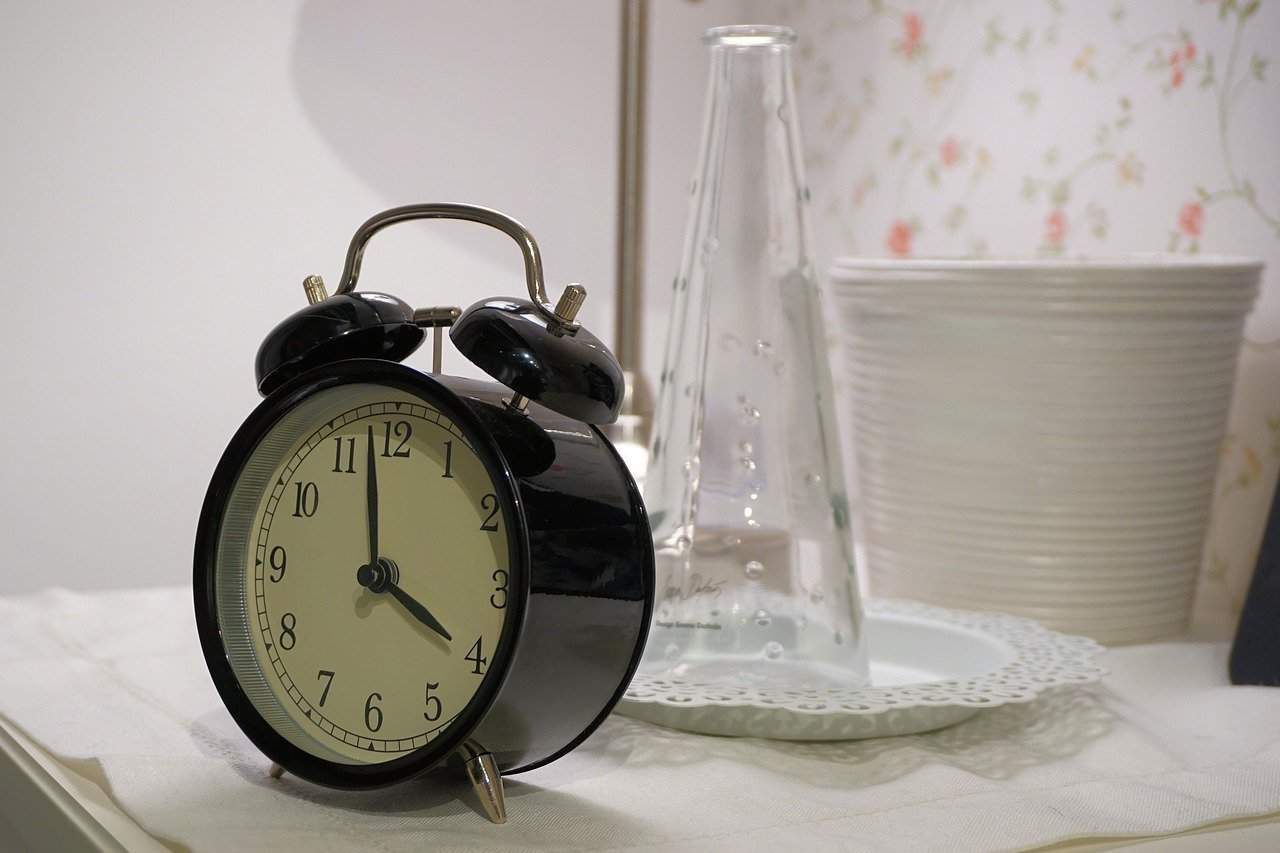Contents:
- Medical Video: 6 Warning Signs a Stroke Is Coming
- Various ways to prevent migraines that often relapse
- 1. Avoid noise and bright lights
- 2. Pay attention to your daily eating habits
- 3. Be careful with hormonal changes
- 4. Regular exercise
- 5. Sleep well and regularly
- 6. Manage stress well
Medical Video: 6 Warning Signs a Stroke Is Coming
Have you ever experienced a migraine? Usually, migraines cause a side headache that feels more painful than a normal headache and the head feels severe throbbing pain. Of course, this condition will interfere with daily activities. Do not want to, right, all the plans that have been prepared have been destroyed due to migraine symptoms that like to relapse? You can prevent the relapsing migraine in some easy ways below.
Various ways to prevent migraines that often relapse
1. Avoid noise and bright lights
Loud sounds and flashing lights (such as strobe lights) are the most common triggers for migraines. Usually these sounds and lights are often found on the road, are in theaters, attend busy events, are famous for the reflection of sun glare, and most often the light and sound of the gadget can also.
Therefore, to prevent migraines from coming again, you should stay away from crowded places full of noise and spotlight. In addition, take a break from all electronic screens, this is very important for resting eye strain. Also adjust the brightness of the screen on your digital device.
Reduce unnecessary lighting in the room. Relax in the dim room and quiet sound.
2. Pay attention to your daily eating habits
A diet can also affect the appearance of migraines. To prevent this, there are a number of things you need to consider when managing your diet. Always consistent with meal times. Don't get past the proper meal time. Because going through meals will increase the risk of migraines.
In addition, always note and remember the foods that trigger migraines that occur to you. If you suspect certain foods trigger you migraines, remove them in your diet, or eat small amounts.
Reported on the Healthline page, some of these foods and drinks can trigger migraines, such as:
- Chocolate
- Red wine
- Processed meat
- Sweetener
- Cheese
- Coffee
Food and beverages with caffeine or alcohol usually do become a general trigger. Therefore, limit the amount you consume each day to prevent migraines.
3. Be careful with hormonal changes
Hormones play an important role in influencing migraine, especially for women. Many women tend to experience migraines during, or just before the menstrual period occurs.
If indeed migraines often appear when you start menstruation, you can rely on painkillers so you don't feel the headache. Use drugs like ibuprofen or naproxen to prevent migraines from occurring on those high-risk days.
4. Regular exercise
Regular exercise is the most important part of a healthy lifestyle. Regular exercise will help the body release chemicals in the brain to block pain signals to the brain. Choose whatever sport you like that matters, starting slowly.
But be careful, don't exercise too hard because this can also trigger migraines. Yes, intense exercise such as heavy lifting, can make migraines attack again.
So, choose physical activities that can reduce stress such as yoga, mild aerobics, tai chi, swimming, walking, and so on.
5. Sleep well and regularly
Migraines can be triggered by a bad night's sleep. Therefore, it is very important to provide adequate and quality sleep time.
Make a sleep schedule that stays loyal to the day, wakes up and sleeps at the same time, even on weekends. Also reduce the interference before going to bed like watching TV, carrying work material to bed. Perform calming activities before going to sleep to make you sleepy. Always schedule your sleep at the same time continuously.
6. Manage stress well
Migraine can not be separated from stress. Stress is inevitable, but stress can be managed well so that it does not trigger migraines.
- Reduce unnecessary things. Don't make too many promises or activities that make the pressure higher.
- Set time wisely. Make any daily agenda that will be done at work or at home. Do things according to the agenda and don't delay.
- Take a break between busy days. If you feel overwhelmed, don't panic more. Take a few minutes to rest and pause for a stretch.
- Enjoy time for yourself. To manage stress, do not let you forget to give yourself time. Do something you like for 15 minutes. For example, pause to read favorite books, listen to music, drink tea, and so on. Doing something you enjoy is a natural way to manage stress
- Adjust breath. This method does look trivial, but deep breathing can help you relax so that the mind can be more controlled.


















